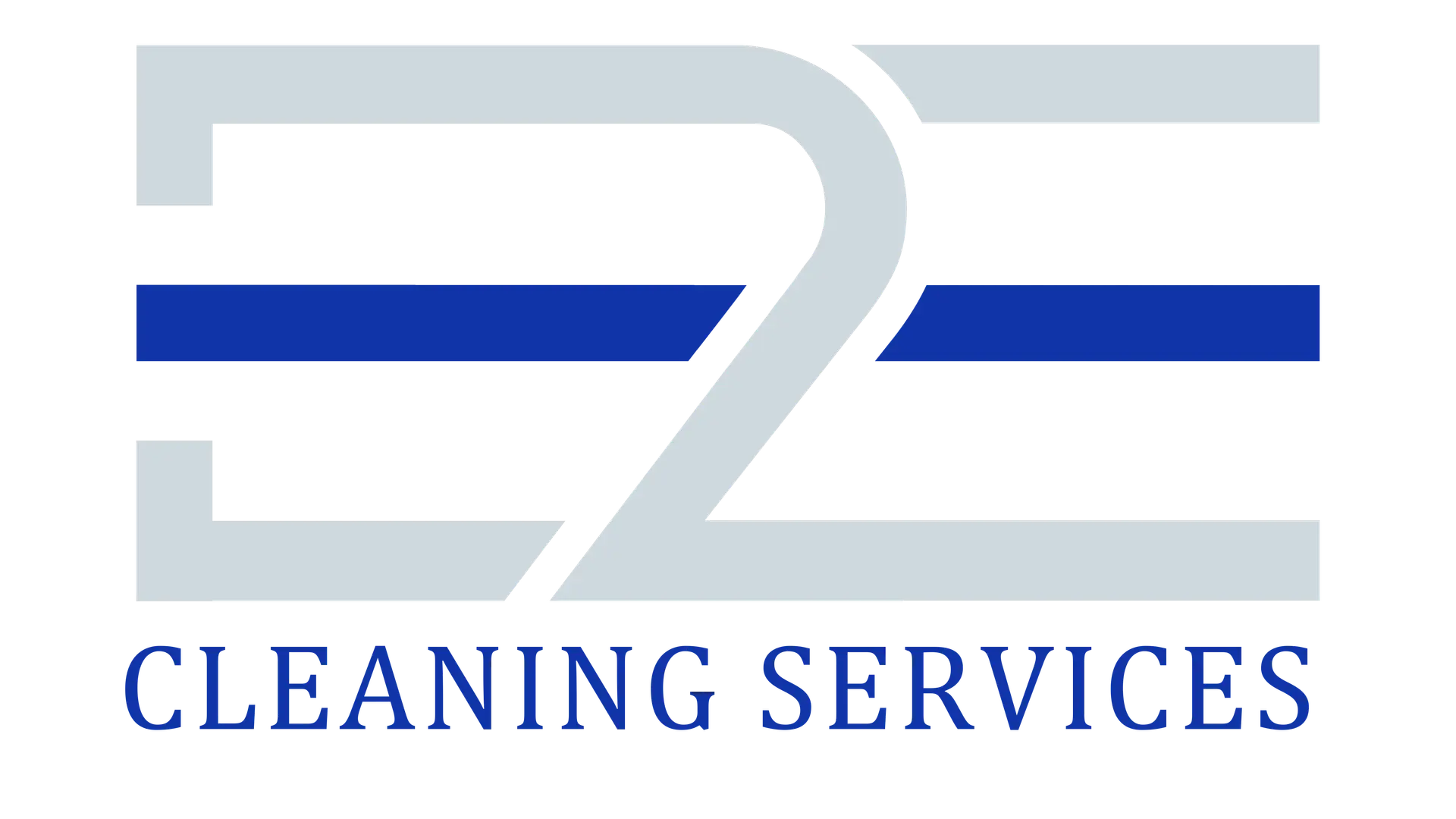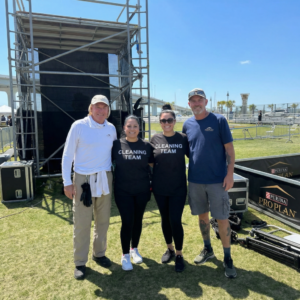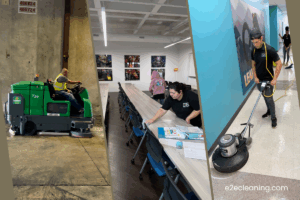Florida’s peculiar regulatory system levels the field in hospitality cleaning, whereby the same sanitation standards must be followed for all property tiers.
This article looks at the process of applying the same cleanliness protocols used in luxury resorts in budget motels, and how regulatory requirements, compliance strategies, and guest perception are affected.
We examine cost-effective solutions, seasonal issues specific to the climate of Florida, and how standardized regulations have democratized cleanliness expectations throughout the state’s wide variety of accommodation.
The Great Equalizer: Florida’s Universal Hospitality Standards
The hospitality industry in Florida is based on an amazing premise: regardless of whether you are paying $59 or $599 a night, the basic standards of cleanliness are the same. Chapter 509 of the Florida Statutes creates far-reaching public lodging regulations that apply equally to all property tiers, as industry professionals refer to it as “the great equalizer”.
Florida Department of Business and Professional Regulation (DBPR) regulates these standards, and budget motels have to adhere to the same fundamental sanitation procedures that five-star resorts do.
This regulatory framework emphasizes on health and safety basics rather than amenity differences such as:
- Quality of potable water and integrity of plumbing system
- Ventilation and humidity control systems
- Standardized sanitation procedures for high touch surfaces
- Pest control management requirements
- Linens and towel handling protocols
“The regulations establish a level of safety and cleanliness that is to the advantage of all travelers,” says Maria Sanchez, former DBPR inspector.
“Although a luxury resort may provide premium toiletries or thread-count sheets, the basic sanitization needs are the same for all the properties”.
Being consistent is especially helpful for budget properties in tourist-packed areas such as Orlando and Miami, where there is a lot of competition. By guaranteeing that the cheapest accommodation will be held to high health standards, Florida safeguards its tourism image while offering properties a way to differentiate themselves on amenities and service instead of cleanliness.
Beyond Appearances: Core Cleaning Requirements Across All Tiers
Florida’s lodging standards extend well beyond the superficial appearances and include systemic health protections in the form of specific technical requirements that are codified in the Florida Administrative Code.
Water and Plumbing Systems
All properties must have potable water that meets certain microbiological standards, irrespective of property age or price point.
Budget motels are subject to the same testing as luxury resorts, especially in the following areas:
- Bacteria counts in potable water of less than 100 CFU/ml
- Absence of total coliform bacteria
- Proper backflow prevention devices
- Cross-connection control systems
“Water system compliance is one of the biggest hidden costs for budget properties” – Carlos Mendez, hospitality operations consultant. “Although guests do not see these systems, they are essential to the safety of property and must be maintained at all times irrespective of the rate of rooms.”
Indoor Air Quality Standards
Florida’s humidity is very high and it poses unique challenges to all properties.
Where regulations require:
- Functional HVAC systems that have adequate filtration
- Ventilation rates meeting ASHRAE 62.1 standards
- Regular inspection of ventilation systems
- Documented mold prevention protocols
Budget properties have blazed the trail of innovative compliance strategies, like centralized dehumidification systems and focused treatment of problem areas rather than whole-building climate control, that bigger properties are now following for sustainability reasons.
Documentation Requirements
Most importantly, all properties have to keep the same documentation:
- Cleaning common area logs and guest room logs
- Water quality testing records Pest control service documentation
- Employee training certification records
- Incident reporting for sanitization issues
These records have to be accessible for inspection, making all property tiers accountable, and preventing budget properties from skimping on basic health protections.
Cost-Effective Compliance: How Budget Properties Achieve Luxury Standards
Budget motels have come up with creative ways of complying with the regulations while at the same time being affordable. Instead of considering compliance as a burden, successful properties use smart investments and efficiency in operations.
Strategic Staff Training
Tiered training programs are commonly used in budget properties where the focus is placed on:
- Cross-training the staff in various cleaning specialties.
- Microlearning modules that are sent through mobile devices in slower times.
- Targeting the training intensity on critical high-risk areas (bathrooms, HVAC systems)
- Collaboration with chemical suppliers who offer free training as a part of supply contracts
“Our housekeeping staff get the same certification as luxury resort cleaners,” says Jin Park, general manager of a budget motel chain in Central Florida. We prefer knowledge over numbers – fewer staff with extensive training as opposed to larger teams with little skills.
This strategy enables motels to compete on the level of luxury with a smaller staff. Many budget properties say that properly trained staff can clean a standard room to regulatory standards in 22-26 minutes as compared to 30-35 minutes of under trained staff, which is a great labor savings.
Technology Solutions Scaled for Smaller Properties
Budget properties are increasingly using technology to hold standards without a large staff:
- QR-code inspection systems that enable guests to complain about cleanliness promptly
- Electrostatic sprayers that are more effective in disinfecting surfaces than the conventional ones
- ATP luminometer testing for the effectiveness of surface cleaning
- UV-C disinfection systems for high-touch areas and air handling systems
The Ocean Breeze Inn in Daytona Beach introduced a tablet-based inspection system that decreased the training time of the staff by 40% and increased the inspection scores.
“The technology establishes accountability and records for regulatory compliance,” says operations manager Samantha Torres. “The $3,500 investment was paid for in three months by savings in labor costs.”
Supplier Partnerships and Group Purchasing
Many budget properties take part in cooperative purchasing programs to be able to purchase the same commercial-grade cleaning supplies used in luxury properties at a reasonable cost.
According to the Florida Lodging Supply Cooperative, budget motels that are members of the cooperative save 22-30% on EPA registered disinfectants as compared to individual purchasing.
Ensure your property meets Florida’s cleaning standards effortlessly – get professional cleaning services that save time and guarantee compliance.
The Psychology of Clean: Managing Guest Perceptions
In all property tiers, guest perception is often dependent on certain cleanliness markers as opposed to overall assessment. These critical perception points have become mastered by budget properties in terms of channeling resources.
High-Impact Visible Areas
According to a research from hospitality consulting firm STR Global, the guest perception is disproportionately affected by the following:
- Bathroom cleanliness (shower areas and toilets in specific)
- Floor cleanliness in entryways
- Window and mirror clarity
- Lack of dust on horizontal surfaces
- Odor management
Budget properties tactically focus on these areas and usually arrange for more regular inspections and design specific protocols.
“We clean bathroom chrome fixtures three times a day in public areas and make sure that rooms are turned over with great care,” explains Lisa Washington, Executive Housekeeper at a budget property near Fort Lauderdale. “Our scarce resources are spent where guests see most”.
Communication of Cleaning Protocols
Budget properties are more likely to declare their standards of cleaning upfront:
- Room cards detailing sanitization procedures
- Digital check-in messages that include cleaning procedures
- Staff with their visible cleaning certification badges
- QR codes that lead to the latest inspection results of the property
This transparency serves dual purposes: comforting the guests and at the same time showing compliance with regulations.
Those properties that introduced visible cleaning protocol communications during the pandemic showed a 17% increase in guest satisfaction scores regarding cleanliness, based on the data provided by Florida Lodging Association.
Managing Reviews and Feedback
Budget properties have become very good at controlling the online review platforms:
- Addressing the complaints of cleanliness in one hour
- Providing instant room inspection for any cleanliness issue
- Documenting corrective actions taken
- Training front desk staff to handle concerns as opposed to reviews
Such communication strategies usually make up for perception differences between budget and luxury properties even when both fulfil the same regulatory requirements.
Seasonal Challenges in the Sunshine State
Florida’s climate poses unique cleaning challenges on all tiers of properties, which call for special measures at different seasons.
Hurricane Season Protocols
All properties are required to have disaster preparedness plans that have specific cleaning protocols:
- Pre-storm water storage system sanitization
- Mold prevention measures for possibly affected regions
- Post-storm cleaning procedures for common areas
- Post-contamination water testing procedures
Budget properties usually enter into mutual aid agreements with other properties in other regions and share staff and resources during the recovery periods.
This cooperative effort enables smaller properties to keep standards up while in crisis periods without having to keep excess staffing all year round.
Managing High Humidity Environments
Florida’s humidity brings on constant issues that impact all properties.
- Accelerated mold and mildew growth
- Condensation management on HVAC systems
- Increased pest pressures
- Odor control challenges
Budget properties have led the way in cost effective methods, which include:
- Strategic positioning of dehumidifiers in problematic areas
- Anti-mold paint applications in normal maintenance cycles
- Common area air purification systems
- Preventive treatments of problem areas in low occupancy times
These strategies direct resources towards prevention instead of remediation and often leads to a lower overall cost but still complies with regulations.
Staffing During Peak Seasons
The seasonality of Florida tourism leads to staffing problems in all tiers of the property.
Budget properties have come up with flexible staffing models:
- Full-time year-round staff with certified temporary workers
- Training of maintenance staff on room inspection procedures
- Adoption of the “blitz cleaning” practices during check-out peaks
- Use of technology for quality control in the periods of high volumes
Conclusion
The Democratization of Cleanliness
The regulatory system of Florida has democratized the standards of cleanliness across all tiers of properties, so that even the most basic health and safety protocols are consistent at any cost.
This strategy is good for the whole hospitality ecosystem.
- Guests get uniform health protection irrespective of budget.
- Budget properties can compete on the fundamental safety metrics effectively.
- Regulatory resources are concerned with significant health standards as opposed to amenity differences.
- Baseline quality assurances help the tourism reputation of the state.
As the hospitality industry change constantly, Florida’s approach shows that the effective regulation can level the playing field that safeguards public health without distinction on service and amenities, rather than on fundamental cleanliness.
Facility managers and cleaning service providers who are dealing with hospitality clients must be familiar with these standards. Regardless of whether it is servicing luxury resorts or budget motels, the fundamentals of cleaning procedures, documentations, and inspection standards are the same.
This consistency enables standardized training programs, efficient resource allocation, and scalable service models that can be applied to various property types while maintaining compliance with regulations.






